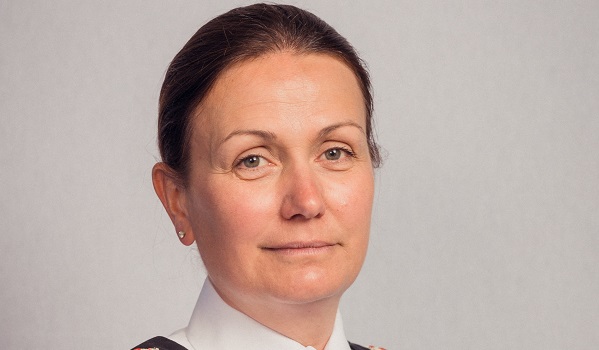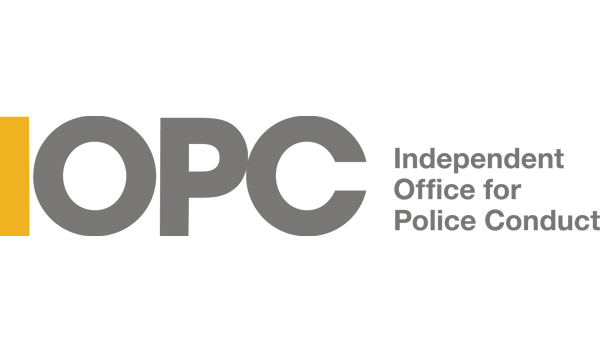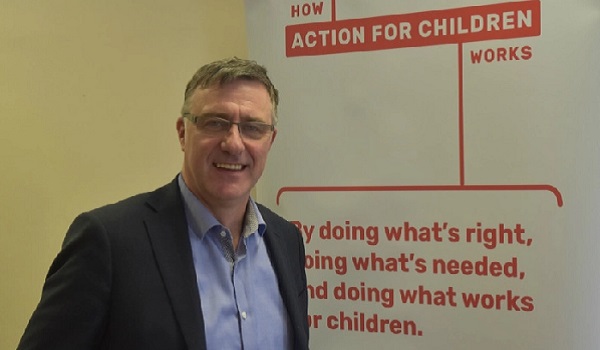'Sharp' rise in officers facing allegations of abusing position for sexual purpose
The number of police officers and staff facing disciplinary action over allegations they abused their position for sexual purposes has “risen sharply” over the past three years, according to the Independent Office for Police Conduct (IOPC).
From 2018 to 2021, 66 officers and members of police staff faced disciplinary proceedings – 42 of them in the last year alone – after being investigated for APSP (abuse of position for a sexual purpose). Misconduct was proven for 63 of these.
Of the 52 individuals who faced gross misconduct proceedings, 73 per cent (38) are no longer serving and were barred from working in policing again. In that time, 7 individuals were also prosecuted for criminal offences, leading to six convictions and three people receiving a custodial sentence.
IOPC Deputy Director General Claire Bassett said: “This kind of behaviour is an appalling abuse of the public’s trust and has a devastating impact on the people involved, who are often in a vulnerable situation. The police are there to help them, not exploit them.
“We are seeing how our work is helping tackle the problem – corrupt officers have been dismissed and convicted. We have also made a number of recommendations to help police forces spot and tackle this behaviour.
“Recent events we have seen, including the horrific actions of Wayne Couzens, remind us that policing must act to root out this kind of behaviour once and for all. This is not a new problem and while there is a clear desire right across policing to tackle this, and progress has been made, there is still a lot to do.”
After identifying that some forces were not treating cases of APSP as a form of corruption, the IOPC’s predecessor organisation, the Independent Police Complaints Commission, pushed for changes to the referral criteria, which led to a significant and sustained rise in the number of referrals and independent investigations.
Today, APSP is the single largest form of police corruption the IOPC deals with, accounting for around a quarter of all corruption referrals last year, and almost 60 per cent of corruption investigations.
Ms Bassett added: “Each case threatens to undermine the trust the vast majority of officers work extremely hard to build. It is in everyone’s interest to root out those who abuse their position, and it is vital that anyone who experiences or witnesses this kind of unacceptable behaviour feels empowered to speak up.
“We see the devastating impact APSP can have on the lives of those who are taken advantage of by someone in a position of authority, sometimes under the impression the perpetrator is helping them or in a committed relationship with them.
“We have seen many cases where actions that may appear harmless at first – such as sending messages from a personal phone or kisses at the end of a text message – can be the start of a pattern of escalating behaviour.
“Nobody should ever be made to feel uncomfortable and unable to challenge a person’s behaviour just because of their job. At the heart of what we are doing is ensuring those who want support are referred to independent services to help them with the short and long-term impacts that APSP may have on them. We would encourage anyone in this situation to speak to someone. You are not alone; you will be listened to; and your experiences will be taken seriously.”
National Police Chiefs’ Council lead for counter corruption, Chief Constable Lauren Poultney, said: “There is no place in policing for those who abuse their position for a sexual purpose. Any case of such abuse is one too many, it is a serious betrayal of what policing stands for and its duty to protect the public.
“Abuse of power for a sexual purpose is one of the key strands of the Counter Corruption Action Group which aims to tackle corruption within policing. A national strategy is in place to ensure all forces treat their response to abuse of power for a sexual purpose in a consistent and robust manor and with the utmost priority.
“We recognise the need to identify signs of this form of corruption internally and have shared information and training for officers about this, as well as emphasising the channels to report it. We want to ensure officers across the country feel confident to report any concerns they have about inappropriate behaviour.
“The figures released by the Independent Office for Police Conduct will cause concern. I want to emphasise that we are working hard to root out those who are attracted to policing for the wrong reasons.”







